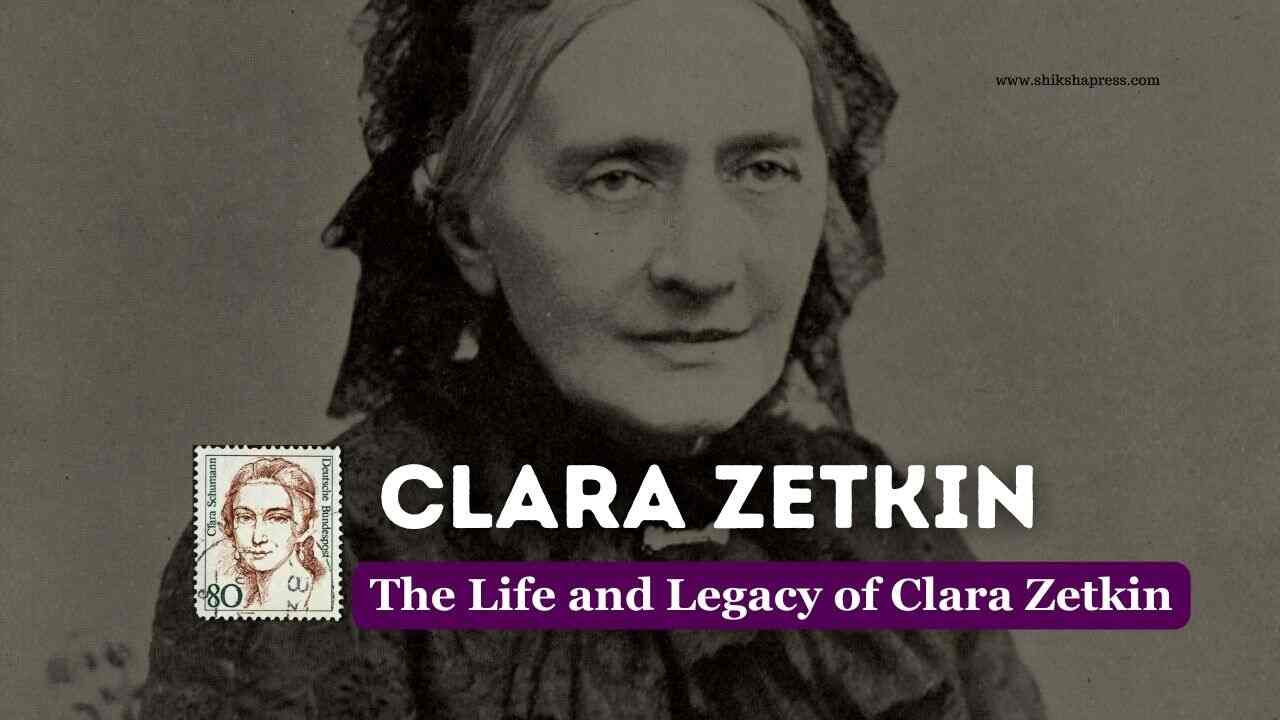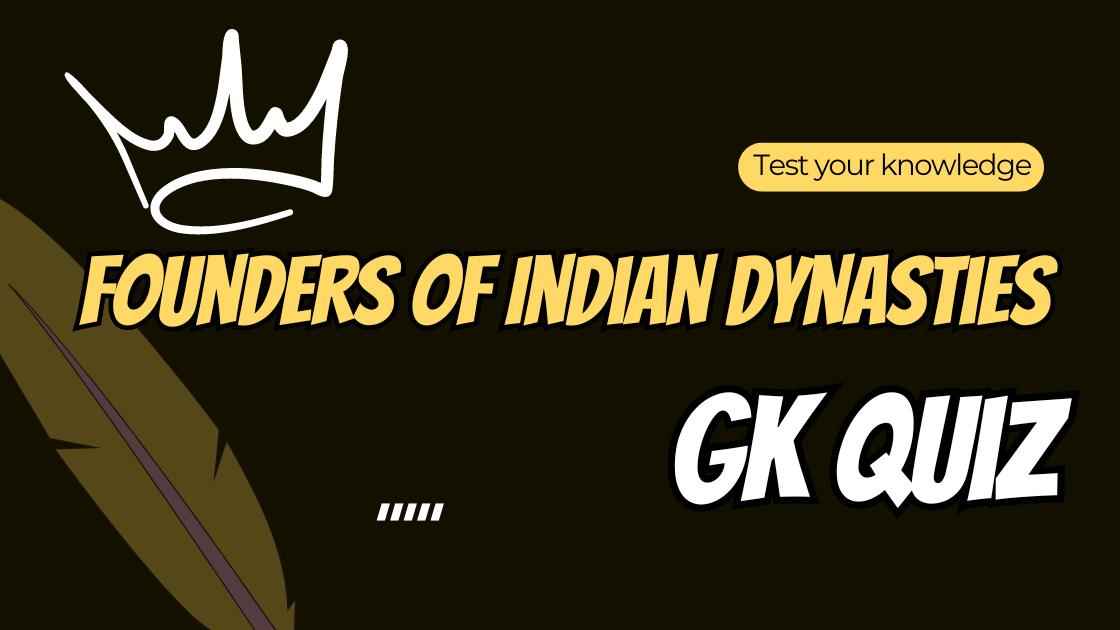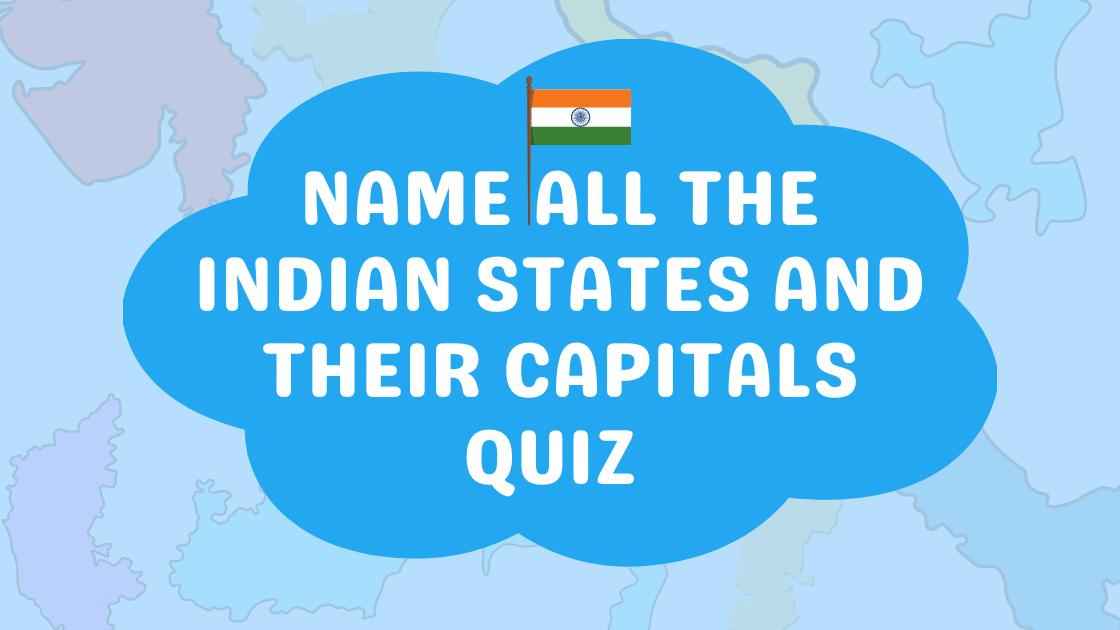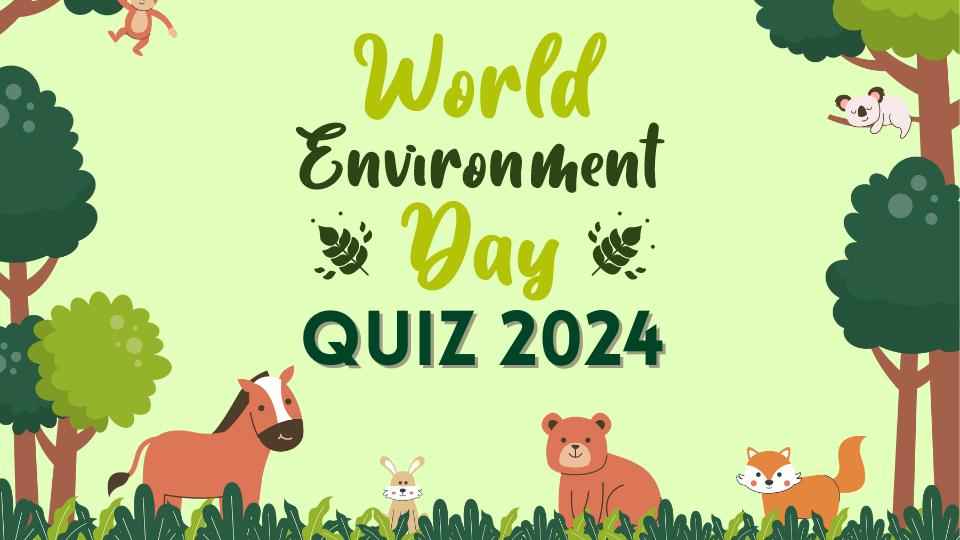Early Life and Education of Clara Zetkin – General Knowledge Question Answers
8 March, International Women’s Day Special informational Article about Clara Zetkin. 50 special gk question answers related to Clara Zetkin.
Welcome to the world of Great Leader Clara Zetkin (1857-1933). Learn about her role as a pioneer in women’s rights and socialism. Explore her life from early days to her legacy as a women’s rights advocate. Understand her contributions to International Women’s Day. See how she made a mark in the political arena.
This blog offers 50 special GK questions about Clara Zetkin. Perfect for students and enthusiasts alike. Get inspired by her journey and impact today.
International Women’s Day: Who was Clara Josephine Zetkin?
| Detail | Information |
|---|---|
| Born | Clara Josephine Eißner |
| Date of Birth | 5 July 1857 |
| Place of Birth | Wiederau, Kingdom of Saxony, German Confederation |
| Died | 20 June 1933 (aged 75) |
| Place of Death | Arkhangelskoye, near Moscow, Russian SFSR, Soviet Union |
| Resting Place | Kremlin Wall Necropolis, Moscow |
| Other Names | Klara Zetkin |
| Occupations | Politician, peace activist, and women’s rights activist |
| Birth Details | Clara Zetkin, July 5, 1857, Wiederau, Saxony |
| Education | Leipzig Teachers’ College for Women |
| Political Affiliation | Social Democratic Party, Spartacist League, KPD |
| Advocacy | Women’s Rights, Socialism, Anti-War Activism |
| Legacy | International Women’s Day, March 8 |
| Death | June 20, 1933, Arkhangelskoye, Soviet Union |
Special GK Questions about Clara Zetkin
Explore the life and legacy of Clara Zetkin, a leading advocate for women’s rights and socialism, whose tireless work contributed to the establishment of International Women’s Day.
here are some GK questions and answers focused on Clara Zetkin’s personal life, including her birth, education, and death:
What is the birth date of Clara Zetkin?
Clara Zetkin was born on July 5, 1857.
Where was Clara Zetkin born?
She was born in Wiederau, a peasant village in Saxony, now part of Königshain-Wiederau.
What were Clara Zetkin’s parents’ professions?
Her father, Gottfried Eissner, was a schoolmaster and church organist, and her mother, Josephine Vitale, was from a middle-class family and was highly educated.
What was Clara Zetkin’s original name?
Her birth name was Clara Josephine Eißner (Eissner).
Where did Clara Zetkin receive her education?
She was educated at the Leipzig Teachers’ College for Women.
Did Clara Zetkin have any siblings?
Yes, she was the eldest of three children.
What significant life event occurred for Clara Zetkin in 1872?
Her family moved to Leipzig in 1872.
With whom did Clara Zetkin have her two sons?
She had two sons, Maxim and Konstantin, with her lover, the Russian-Jewish Ossip Zetkin.
Who was Clara Zetkin married to, and in what year did they marry?
She was married to artist Georg Friedrich Zundel in 1899.
What languages did Clara Zetkin study to become proficient in during her time in Paris?
She studied to become a journalist and a translator, implying she became proficient in French and possibly other languages relevant to journalism and socialist literature.
When and where did Clara Zetkin die?
Clara Zetkin died on June 20, 1933, in Arkhangelskoye, near Moscow, Soviet Union.
Where are Clara Zetkin’s ashes placed?
Her ashes were placed in the Kremlin Wall Necropolis, near the Moscow Kremlin Wall, by the Red Square.
These questions and answers provide a concise overview of Clara Zetkin’s personal life, from her birth to her death, highlighting key aspects of her background and family.
50 More GK Question Answers about Clara Zetkin
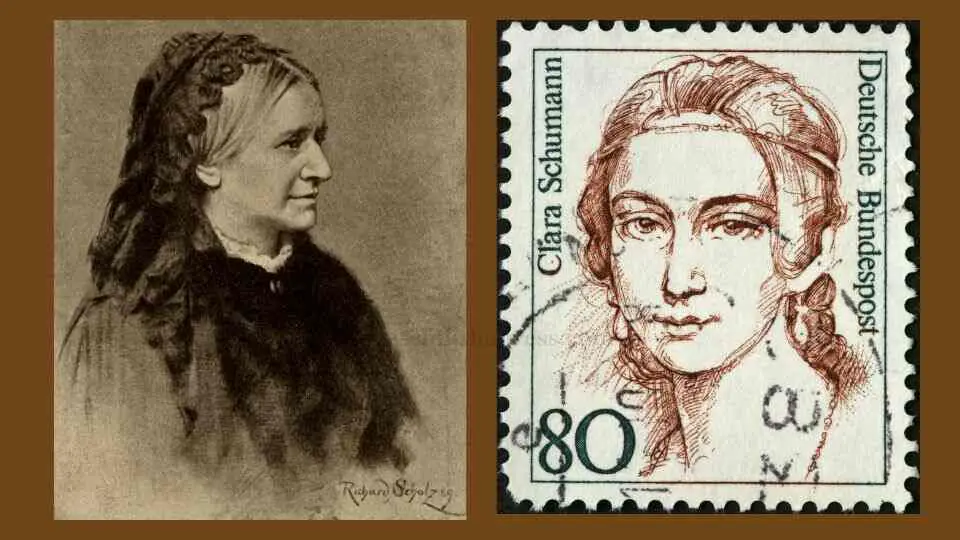
Here’s an engaging and informative set of 50 general knowledge questions based on the life and contributions of Clara Zetkin, crafted with a quizmaster’s flair:
Question About Birthplace Revelation: In which charming village in Saxony was Clara Zetkin born?
Answer: Wiederau.
Question About Historical Timing: What significant year marks the birth of Clara Zetkin?
Answer: 1857.
Question About Educational Beginnings: Where did Clara embark on her educational journey, moving in 1872?
Answer: Leipzig.
Question About Family Roots: What profession did Clara Zetkin’s father hold?
Answer: Schoolmaster and church organist.
Question About Cultural Mix: What unique heritage did Clara’s mother bring to the family?
Answer: French roots from a middle-class Leipzig family.
Question About Academic Pursuits: At which institution did Clara Zetkin complete her higher education?
Answer: Leipzig Teachers’ College for Women.
Question About Name Change Catalyst: Who inspired Clara to adopt the last name ‘Zetkin’?
Answer: Her lover, Ossip Zetkin.
Question About Personal Tragedy: In what year did Clara face the loss of Ossip Zetkin?
Answer: 1889.
Question About Artistic Union: Who was Clara Zetkin’s artist husband, and what was their age difference?
Answer: Georg Friedrich Zundel, 18 years her junior.
Political Genesis: In which city did Clara Zetkin forge a crucial alliance with Rosa Luxemburg?
Answer: Stuttgart.
Question About Trailblazing Initiative: In what year was International Women’s Day first celebrated, following Zetkin’s proposal?
Answer: 1911.
Question About Activist Exile: Due to a ban on socialist activity, where did Clara Zetkin relocate from Germany?
Answer: First to Zürich, then to Paris.
Question About Literary Role: For how many years did Clara Zetkin edit the SPD’s women’s newspaper, Die Gleichheit?
Answer: 25 years.
Question About Revolutionary Partner: Who were Clara Zetkin’s two sons, signaling her personal life merging with political ideology?
Answer: Maxim and Konstantin.
Clara Zetkin: A Pioneer of Women’s Rights and Socialism
Question About Opposition to War: During which global conflict did Clara Zetkin actively campaign for peace?
Answer: The First World War.
Question About Political Shifts: In which year did Clara Zetkin transition from the Social Democratic Party to the more radical Spartacist League?
Answer: 1917.
Question About Reichstag Representation: From what year did Clara Zetkin begin representing the Communist Party of Germany in the Reichstag?
Answer: 1920.
Question About International Influence: What role did Clara Zetkin play in the Communist International’s executive committee?
Answer: Member from 1921 to 1933.
Question About Foundational Role: Which political league, precursor to the Communist Party, did Clara help to establish?
Answer: The Spartacist League.
Question About Iconic Speech: In what setting did Clara Zetkin deliver a significant speech promoting workers’ unity against fascism?
Answer: Opening of the Reichstag in 1932.
Question About Commemorative Dates: What date is eternally marked as International Women’s Day due to Clara Zetkin’s influence?
Answer: March 8.
Question About Ideological Opposition: What term did Clara Zetkin use to criticize mainstream feminism, viewing it as a class conflict?
Answer: Bourgeois feminism.
Question About Motherhood and Movement: How did Clara Zetkin view the intersection of motherhood and the socialist movement?
Answer: She believed that social change was necessary for true women’s emancipation.
Clara Zetkin’s Contributions to International Women’s Day
Question About Historic Conference: At which conference did Clara Zetkin propose the idea of an International Women’s Day?
Answer: The International Women’s Conference in Copenhagen, 1910.
Question About Final Years: In which country did Clara Zetkin spend her last days in exile before her death in 1933?
Answer: The Soviet Union.
Question About International Recognition: In what year did the United Nations officially recognize International Women’s Day?
Answer: 1975.
Question About Marxist Theorist: What ideology primarily influenced Clara Zetkin’s activism and writings?
Answer: Marxism.
Question About Exile for Activism: Why did Clara Zetkin have to flee Germany for Switzerland and later France?
Answer: Due to the ban on socialist activity by Otto von Bismarck.
Question About Peace Advocacy: What was Clara Zetkin’s stance on the First World War?
Answer: She was a vocal opponent and peace advocate.
Question About Comrade Connection: Which two prominent figures did Clara Zetkin form a close political and personal alliance with?
Answer: Rosa Luxemburg and Karl Liebknecht.
Question About Women’s Day Origin: What event directly inspired Clara Zetkin to propose an International Women’s Day?
Answer: The 1908 march of 15,000 women in New York City.
Question About Political Party Shift: From which party did Clara Zetkin shift to form the Independent Social Democratic Party?
Answer: The Social Democratic Party of Germany (SPD).
Question About Legacy and Honors: Which two Soviet honors were bestowed upon Clara Zetkin for her service to the cause?
Answer: The Order of Lenin and the Order of the Red Banner.
Final Resting Place: Where were Clara Zetkin’s ashes interred after her death?
Answer: The Kremlin Wall Necropolis.
Question About Linguistic Skills: What new career did Clara Zetkin train for while in exile in Paris?
Answer: Journalist and translator.
Question About Youth and Leadership: At what age did Clara Zetkin begin her journey of education and later activism?
Answer: She moved to Leipzig for her education in 1872, marking the beginning of her formative years.
Question About Enduring Friendship: How long did Clara Zetkin’s friendship with Rosa Luxemburg last?
Answer: 20 years.
Question About Revolutionary Commitment: What personal sacrifices did Clara Zetkin make for her political beliefs and activities?
Answer: She went into exile, faced imprisonment, and lost her lover, Ossip Zetkin, due to their shared commitments.
Question About Editorial Leadership: What was the main purpose of the newspaper Die Gleichheit under Clara Zetkin’s editorship?
Answer: To promote women’s rights and socialism.
Question About Global Influence: How did Clara Zetkin contribute to the international socialist and women’s movements?
Answer: Through her roles in organizing International Women’s Day and advocating for women’s rights within the socialist framework.
Clara Zetkin in the Political Arena: Socialism and Activism
Question About Cultural Heritage: What unique cultural background did Clara Zetkin’s mother bring to the family?
Answer: French roots and middle-class education.
Question About War and Peace: How did Clara Zetkin respond to the outbreak of the First World War within her party?
Answer: She opposed the war, leading to her split from the SPD and alignment with the anti-war Spartacist League.
Question About Lifetime Achievement: How many years did Clara Zetkin serve in public and political service, especially in the Reichstag?
Answer: She served from 1920 to 1933, making it 13 years.
Question About Teaching and Influence: What role did Clara Zetkin’s father play in shaping her early life and values?
Answer: As a schoolmaster and organist, he likely instilled in her a sense of discipline and the value of education.
Question About Final Address: What critical issue did Clara Zetkin address in her last public speech in the Reichstag?
Answer: She called for workers to unite against the rising tide of fascism.
Question About Intellectual Development: Where did Clara Zetkin develop her connections with the labor movement and women’s movement in Germany?
Answer: Initially in Leipzig, then through her broader educational and activist work.
Question About Historic March: In what year and city did 15,000 women march, influencing the inception of International Women’s Day?
Answer: 1908 in New York City.
Question About United Front: What was Clara Zetkin’s message to the workers and women of the world through her activism?
Answer: Unity in the fight against oppression and for socialism.
Question About Marital Dynamics: How did Clara Zetkin’s marriage to Georg Friedrich Zundel reflect her unconventional life?
Answer: Marrying someone 18 years her junior, she defied societal norms.
Question About Eternal Tribute: After her death, how did Clara Zetkin’s legacy continue in the German Democratic Republic (East Germany)?
Answer: Many major cities named streets after her, honoring her contributions.
We hope you enjoyed these fun facts about women’s rights and socialism leader Clara Zetkin. Learn about her struggle and her impact on International Women’s Day. Also her role in politics through 50 exclusive questions.
Learn about the inspiring journey of this remarkable lawyer. Discover Clara Zetkin’s resilience, ideals, and influential contributions that shape our understanding of equality and activism.
For the Latest Educational News (CBSE, ICSE, and State Board News) and live news updates, like us on Facebook or follow us on Twitter and Join our Premium Telegram Channel. Read more on Latest Exams & Results News on Shikshapress.com.
